"DO YOU REMEMBER Timmy Timlin?" Steph Curry's college coach asks. We're sitting in a bar in Davidson, North Carolina, Bob McKillop and I, each of us working on an afternoon beer.
"Of course," I say. "He was a god."
Timmy Timlin was the senior starting quarterback when I was a junior third-stringer at Holy Trinity High School in Hicksville, New York. He also pitched for the baseball team and went on to play Division I football and baseball in college.
"Well," McKillop says, with a wince and a head shake, "I'm the reason he didn't play basketball."
It's February, and McKillop is about to complete his 30th season as the basketball coach at Davidson College. I have come to speak with him because Curry has said McKillop is a reason he did play D1 basketball, and also a reason he has been able to revolutionize the sport.
Although a stickler for discipline and a guardian of tradition, McKillop decided to let Curry shoot at Davidson with an abandon that he has never relinquished and that an emerging generation has now taken as its birthright.
But he doesn't want to talk about Steph's shot. "He had the shot when he came here," McKillop says. "I had nothing to do with it." He talks instead about something that happened 45 years ago, something that happened at the Catholic high school on Long Island where he was not just Tim Timlin's coach but also my history teacher.
STEPH'S SHOTS ARE sudden. They might come with crossover prelude and flamboyant aftermath, but the shots themselves are accomplished so quickly and with such a minimum of fuss that they amount to a kind of violence. He runs and finds space in the corner; he catches a pass and shoots, and the ball leaves his extended fingers with an elaborate spin but also a contained arc, somehow falling into the net the way a drop of water falls into the ocean, the splash straight up. He shoots so often, with such determined frequency, that's it's hard to figure out when and why he stops, but now, at the end of a practice, when he sits down at the end of the bench and puts a towel over his head, the towel is a signal. He sits with reporters who have scheduled time with him, and when the reporters leave, he sits alone. He is the last Warrior at practice, but another practice begins, and he watches, his covered head bowed as if in prayer - he watches the court fill with kids who are not yet in middle school and who all try to shoot like he does.
Great athletes come and great athletes go, their exploits written in the history of the games they play. But a few - a very few - change the way their games are played. Steph found his own version of the game that is perfect for his era, and basketball will never be the same. "Everywhere you look, you see kids lining up to shoot 5 feet behind the line," Warriors coach Steve Kerr says. But how does change happen? How does an idea make its way into the dreams of boys and girls who might not even know whose example they are following? How did the jump shot become a belief?
I went to see Bob McKillop to ask these questions. He is 68 now, blue-eyed and dapper. I met him when he was 25 and teaching a high school course called Sports and American Society, which I was lucky enough to take. I was a middling football player and student, but he insisted that the games had meaning and the meaning was ours to decipher. He had us read Ball Four by Jim Bouton, Bob Lipsyte in the Sunday Times and Harry Edwards on John Carlos and Tommie Smith. And he taught us something that has stayed with me ever since - that if we learned to think critically about sports we could think critically about anything.
McKillop left Holy Trinity two years after I did. He won five state championships at another Long Island high school and became the head coach of Davidson in 1989. He never taught in a classroom again, but he taught Curry enough to prepare him for a career redefining the question of distance, something he could teach only after learning his own sometimes painful lessons.
STEPH IS THE unlikeliest of everymen. It is, of course, supposed to be essential to his influence that he is not a giant, that he is inspirational because he is relatable. People watch LeBron James and want to be LeBron James. People watch Steph Curry and want to take 35-foot jump shots.
In person, though, there is no mistaking him for anything but what he is: the rarest of birds. On the court, he is vaguely Chaplinesque, an epochal player with an underdog's mystique, indomitable rather than dominant, his assassin's timing masked by his comic presence; in front of his locker, where I speak to him at the end of the regular season, he is as radiantly self-contained as a sculpture, his body cashew-colored and nearly hairless, not so much slight as put together with a craftsmanship that doesn't allow for an ounce of excess. With his hard bop beard, he has the air of a born outsider who has willed himself into the very center of things, and his extraordinary eyes behave the way he behaves during games: They're furtive until they're not; he doesn't look at you until he does.
"When did you first meet Bob McKillop?" I ask.
"I was 11," he says. "I played AAU baseball with his son Brendan. I knew he coached college basketball and I knew where Davidson was, but I didn't know anything about his legacy until high school, and I heard his name during recruiting time. I did some research and I was like, 'I know him.'"
"What did you learn from him?"
"Everything."
"Everything?"
"He gave me all the confidence in the world, in terms of what I could be - in terms of being a man, the balance of on-the-court and off-the-court expectations. He was an example of that every day, and we had no choice but to follow suit."
"What did he tell you to give you confidence?"
"He told me when I was a freshman that I had license to shoot any shot I wanted but I'd have to work for it. I'd have to put in the time and actually commit to learning on the job. Even when I failed early freshman year, he stayed in my ear because he saw my potential before I did."
"What did he learn from you?"
"You'd have to ask him. But we were all in uncharted territory. He had been in the [NCAA] tournament a bunch of times but had never won a game until we started winning in 2008. Getting him over the hump was all the motivation we needed."
"Are you his legacy?"
"No. No. He is part of mine, but his name is basically synonymous with Davidson basketball. He had opportunities to go elsewhere, but he stayed there, he stayed there, and at a school with basically 1,900 students, look at what he's built."
McKILLOP CAME TO Davidson the same year John M. Belk Arena opened. He has won more than 500 games since, and now the Wildcats play on McKillop Court. He has aged not just gracefully but into the status of local institution, the town of Davidson as aware of the basketball coach's ritual - his solitary walk from his house to the arena before every home game - as NBA fans are aware of Steph's meticulously elaborate pregame warm-up. In February, when Davidson plays Saint Joseph's, he has the look of eminence - his hair is white, and he wears a sharply tailored black suit with a white shirt and a purple tie - but there is nothing complacent about him. He taps his shined black dress shoes with street-corner impatience. He flaps his arms like a giant flightless bird when trying to get the attention of his players and paces in front of the bench like a lifeguard teaching a pool full of drowning men to swim. He doesn't use a whistle at practice because he wants his team tuned to his voice, and now his voice is audible above the roar of the crowd, raised to a plaintive shriek. He is exactly as I remembered him, exactly what he has always been - the son of a New York City cop who grew up in Queens, played ball on Long Island and was a member in good standing of the coaching cabal that arose out of New York's ethnic diaspora. He is a hustler, the kind of coach who might have used a school like Davidson merely as a steppingstone to the big time. But he wound up using it for something else entirely, and now, at a game televised on ESPN, neither he nor his team is the main event.
Steph is.
Curry has returned because 23 miles south of Davidson, in his hometown of Charlotte, it is NBA All-Star weekend. But he has also returned because he is in the habit of returning, and he has made championing his old school and his old coach one of his causes. He has rented a coffee shop on the campus that he is making available as a gathering place for Davidson's basketball program. He has used his relationship with Under Armour to provide the team with new uniforms emblazoned with Day-Glo logos. He shows up at the Saint Joseph's game wearing his familiar No. 30 and sits courtside with his former college roommate and current business partner Bryant Barr, both of them with the letters "TCC" - after one of McKillop's motivational mottos, "Trust, Commitment and Care" - tattooed on their left wrists. He stands, he cheers, he dances, and for long stretches of time he seems to disappear.
"Even when I failed early freshman year, he stayed in my ear because he saw my potential before I did."
Steph Curry on Bob McKillop
When Curry was at Davidson, he was known for his sense of mischief and for his love of playing hide-and-seek, and he has incorporated that aspect of himself into the elaborate choreography of his game and his life. He endures the eye of the camera for most of the hours he spends at McKillop Court, but reporters repeatedly crane their necks and ask, "Is he still here?" He is the most accommodating of ghosts, and when he celebrates Davidson's come-from-behind victory by climbing into the student section, it is as much an act of will as it is of spontaneity. He is never out of control, but with mosh pit bravado he throws himself into a bunch of frat boys bumping and grinding in nothing but black bikini underwear. All around him, students dance and take pictures and rattle Easter Islandy cardboard cutouts of his face.
WHEN I MEET Bob McKillop for a beer the day after Davidson beats Saint Joseph's, it's the first time I've spoken to him since 1976. The game I'd seen the night before counts as evidence that he coaches an entirely different sport from the one he coached at Holy Trinity, for it could be neatly summarized in terms of each team's success in making 3-point shots. Saint Joseph's was hot in the first half and then got cold; Davidson was cold in the first half and then got hot. But it is when I ask McKillop what he told his team at halftime that I begin to learn what change really means, and that it has nothing and everything to do with the 3-point line.
"I told them to keep playing," he says. "'They were hot in the first half, but they're going to get tired, and they're going to cool off. You're still the better team. Keep playing and you'll have the opportunity to win.'"
It was not the kind of speech he'd have given at Holy Trinity, or even at the start of his career at Davidson. It's the kind of speech he had to learn to give - the kind of speech his players have taught him to give, over time. You see, the biggest change in basketball has less to do with the game itself than with the culture in which it's played and the kids who play it. They're different, McKillop says, because anxiety is such a reality in their lives - because they require greater sensitivity and greater attention to the balance between love and discipline. "You have to be careful about what you say to them," he says. "You have to give them reassurance. The things that you experienced as a player back at Holy Trinity could never happen today."
And that's when he asks, "Do you remember Timmy Timlin?"
It was 1974. Timlin was a shooter with a Prince Valiant haircut, and when he came late for practice, McKillop thought he saw arrogance. "I had to be the tough guy," he says. "I had to be the hard-ass. So I made him run suicides. I made him run until he said, 'Coach, I can't run anymore.' I said, 'Are you quitting this team?' He said, 'I'm not quitting. I just can't run anymore.' 'Then you're quitting,' I said, and when he showed up at the next practice I said, 'What are you doing here? Don't you remember? You quit the team.'"
Coaching is a lot like parenting - you can't do it without making mistakes. But some mistakes you can't forget, and for McKillop, Tim Timlin is one of them. "Because apparently he doesn't forget either. I've been told that every time we play, he checks the score, and it makes his day if we end up on the wrong side of the ledger."
NO COACH HAS had to teach Steph how to shoot. Steph's father, Dell Curry, did that, because he made his living as a shooter in the NBA. But every coach has had to contend with Steph's shot-has had to figure out a way to harness its disruptive force without disrupting his team. When Steph was playing high school ball at Charlotte Christian, his coach, Shonn Brown, had to call him in for a meeting: "We said, 'Steph, we need you to score. We need you to shoot more.' He said, 'But what are the guys on the team going to think? I'm a point guard.' We finally said, 'Hey, four shots a quarter. Sixteen a game. Because I think you're going to make at least half of them, if not more.'"
When Steve Kerr became head coach at Golden State, he had to address a variation on the same theme: "My first year of coaching him, he's taking shots night after night that every coach I ever had would have called horrible shots. And they were horrible shots for every player in the history of the game until Steph Curry. And I realized before too long that Steph was going to take some crazy shots and they were going to look insane and I was going to feel silly for allowing my player to take shots like that and oh yeah, he's at about 45 percent from 3. So finally I just realized I had to get my old coaches out of my head, and this guy is a new deal who's different from anyone else who's played the game, and I have to not only allow what he does but accommodate it."
When Steph came to Davidson, McKillop didn't see only that Steph had a unique facility for the jump shot. He saw how Steph saw. He ran in loops instead of straight lines; he changed pace; he had the ability to live simultaneously in the moment and three or four steps ahead of everybody else and then use his mastery of time to find space, "stop on a dime" and release the ball as soon as he caught it.
"I thought we had a game changer," McKillop says. "You never think of it as revolutionary as it's going on. You're just thinking he's the right guy taking the right shot at the right time because he's making it."
Curry's career at Davidson included an NCAA tournament run to the Elite Eight and positioned him to be the seventh pick in the NBA draft. But it was not just that he had nearly absolute license to shoot it - "license to drive down one-way streets, license to drive down dirt roads," McKillop says. It was that he had to earn his license by being a good teammate. He sets picks, grabs rebounds, makes layups, gets assists and gives credit. "He's a superstar who is as accommodating as a 12th man," Kerr says. "When he's on the court, he has the confidence of Superman, but when you get in the locker room or a meeting, he's unbelievably humble and accommodating to everybody, and that manifests itself in allowing everybody to play at their best."
Shooters aren't always leaders. But Steph has had to be, because his teams were built around him and he had to find a way to help build them. He had to learn to lead from the outside and to somehow play a role both centrifugal and cohesive. His jump shot is an athletic event. But it wouldn't have changed the game unless it were a social one as well.
HE IS NOT the only Warrior with a shot. Kevin Durant has a shot. Klay Thompson has the purest stroke on the team. But crowds don't gather to watch them shoot before games. They don't bring their children so that later on their children will be able to say that they watched a player of historical import. They don't continually take photos and shoot videos. They don't come early and wait for KD and Klay the way they come early and fill a portion of the arena waiting for Steph.
It's as if the culture were waiting for Steph by the time he showed up and started erasing the distinction between a good shot and a bad one. Everything has favored the 3-point shot since the game migrated from the unsupervised playground, with its steel backboards and netless rims, to the youth league gymnasium, with its routine maintenance and omnipresent expertise. Rule changes favored the 3-pointer. Analytics favored the 3-pointer. Technology favored the 3-pointer, and so did SportsCenter.
Steph became the emblem not only for the 3-point shot but for the changes that had begun overtaking the game long before his arrival. Tonight, when he makes his entrance for the pregame warm-up that has been his ritual since he joined Golden State, it is easy to see why. He not only is the greatest jump shooter the game has ever seen; he still wants to be the greatest jump shooter the game has ever seen and has never been shy about putting in the work or putting on a show. It is impossible to say whether he works on his mystique as assiduously as he works on his shot. But he gives the people waiting for him at Oakland's Oracle what they want, walking out to the floor with the hood up and the sleeves cut on his blue sweatshirt and black shooter's sleeves compressing his knobby knees and his sneakers so streamlined they look like slides. He generally covers his head whenever he can, with a hood or with a towel, and this touch of concealment lends him many looks, since it opens him up to interpretation. There's the beatnik and the desert prophet, the comedian and the ninja. And when the cowl comes down and he goes out on the court, insouciantly flipping short one-handed shots into the bucket, there's the child.
"This guy is different from anyone else who's played the game, and I have to not only allow what he does but accommodate it."
Steve Kerr
He shoots in the company of Warriors assistant coach Bruce Fraser, a lanky, silver-bearded Californian known as Q, for his habit of asking questions and his openness to metaphysical speculation. Fraser passes Steph the ball and challenges him on each shot. He has seen Steph make 77 3-point shots in a row. He is more intimate with the physicality of Steph's shot than any other person alive. "It's all about torque," he says. "There's a physics equation involved in being able to generate that kind of power on demand. Steph's arms are not big. But it's not about how strong your arms are, it's about being able to generate force and to finish at the right time, without losing feel."
After Steph makes a series of shots from midrange - off the dribble at the top of the key - he goes to half court for the series of shots that is the centerpiece of both his workout and his exhibition. He has to make five from the jump circle, two of them on the move. The crowd optimistically cheers each ball as it spins through the air. He never flings or hoists a shot, no matter where he is on the court. "He has perfected not only that accuracy but being able to generate that kind of power from any kind of distance," Fraser says, and so the court contracts around him, and his shot is always his shot. It always looks the same, an elaborate pantomime that expresses itself with a maximum of concision.
Did he have to want to change the game in order to change it? "I don't think he sat in his room in Charlotte, North Carolina, and said, 'I'm going to change the game,'" Fraser says. "That would be like a guy saying, 'I want to be cool.' Steph is cool because Steph is always true to his shot." Yet he has to be aware of the effect he has on people, if only because people gather around him wherever he goes to cheer his distance from the basket. "He does not talk about his impact, because he knows that his story is still being written," says his business partner Bryant Barr. "But he is aware of how change happens. He has been accused of ruining the game. But 'Ruin the Game' is the term we use in our business. We've trademarked it."
And that's Steph - he has found a way to be true to his shot and at the same time true to his trademark, because by this time everything he does is his trademark, including the finale of his warm-up. It was something he started back in Davidson, back when he was first realizing the power not just of his talent but of his license. He would shoot from the tunnel so that all people would see of him - all the other team would see of him - was the ball flying into the basket. People crowd around the mouth of the tunnel, tracking the flight of the ball with their smartphones, trying to catch a glimpse of the invisible man shooting it, cheering shots that emerge from the tunnel like pieces of ordnance, each one aimed unerringly at the heart of the game.
McKILLOP HAD A chance to go home to Queens in 1998, back to where his mentor, Lou Carnesecca, had become a legend. He interviewed for an opening at St. John's but didn't get the job.
He got Steph instead.
"Is Steph your legacy?" I ask him. He is one of the most respected coaches in the game, on the NCAA's competition committee. He coached both of his sons at Davidson and is coaching with his son Matt now. He never worked again as a schoolteacher after leaving Holy Trinity, but I wouldn't have been surprised if he'd told me that his legacy consisted of teaching Sports and American Society the rest of his life.
"Absolutely," he says. "In Roman Catholic terms, he's my imprimatur."
It is an ancient term for the stamp of approval the Vatican put on books approved for print.
"Without my imprimatur," he says, "I'd still be considered a bastard."
"YOU CAN LOOK up the clip on YouTube," Steve Kerr says. "Steph took a shot against the Clippers, and it was one of the craziest shots I've ever seen. He dribbled through four people, he dribbled backwards, was looking in the other direction from the top of the key, and he just turned around and nailed the 3. And I'm on the sidelines, sort of pulling my hair out, and the cameras caught me - the game was on national TV. But he makes it, and from that moment on, I'm like, 'All right, I've got to accept it.'"
That was March 2015, and since then, of course, Kerr is not the only coach to accept the extravagance of a gifted shooter, and Steph Curry is not the only shooter gifted enough to be extravagant. The anxiety of Steph's influence has given way to the liberation of Steph's influence, and the license Bob McKillop granted Steph a dozen years ago has been extended all over the league so that now he has rivals for 3-point preeminence, like James Harden, and also descendants - "Trae Young is definitely one of Steph's descendants," Kerr says. And when Damian Lillard ended Portland's first-round playoff series against Oklahoma City in April with a 37-foot shot at the buzzer, he made the man defending him look not only bad but atavistic. "That's a bad shot, I don't care what anybody says," the Thunder's Paul George complained after the game.
But to appreciate the extent to which Steph has changed the game, think only of where the game might go next - of how far it can go next. Is basketball being played at the limits of human possibility, or does it keep going with no respect for the once seemingly gravitational obstacle of distance? "I don't know - is there life on other planets?" Bruce Fraser asks. McKillop thinks about his uncle Richie, who had a "spectacular two-handed set shot. I used to play him in H-O-R-S-E. I was a much better player than he was, but I couldn't beat him because the two-handed set shot had an almost unlimited range. And that's where I think we'll see the new frontier in shooting - some of the old shots, taken from much farther out."
"Did you think of Uncle Richie when you first saw Steph?" I ask him.
"I thought of everybody," he says. "It was the culmination of all my exposures."
I HAD NOT spoken to him since I warmed the bench for him in football. But when I find Tim Timlin on Long Island and ask if he remembers Bob McKillop, he answers as though he had been waiting for the question. "I loved him," he says. "He coached me when I was playing JV ball, and I was his leading scorer. ... But he asked me to quit football and devote myself to basketball, and when I told him no, he shook his head and that was it. I could never go to a game after that. My insides turned over every time I stepped in the gym. And that's never gone away."
I tell him about what McKillop had said about him - about how his memory of what he'd done to Timlin had not only stayed with him but changed him, and how much those changes mattered when another great shooter came along.
Timlin listens. "I forgive the guy," he says. "I was supposed to forgive him a long time ago. And the beauty of this is God giving me the chance to be a better man. It's about time I forgive him and start rooting for him a little bit. Tell him that for me."
I do, and McKillop shakes his head, his creased face still unmistakably the kind of Irish Catholic face I grew up with, the face of the choirboy, the face of the cop, the face of the coach, the face of the confessional. "I should have told him I'm sorry a long time ago," he says. "It's one of those scars I have as coach. Believe me, I have a lot of scars. You just don't think sometimes - you don't realize the weight of your words. But you keep learning, even if sometimes the learning is painful. One of the things that has helped me in coaching is the kids today. They're different. If Tim Timlin was my player today, what I would do is still throw him out of practice but then the next day ask him to come and meet with me and explain to him what I was thinking and what I need from him instead of being the tough-guy-in-charge basketball coach who's going to make a statement about him and win that war."
He shakes his head again that same way, as if recovering from a slap or trying to snap himself out of a sleep. Then he smiles.
"Tim Timlin, he could really shoot it. You got his phone number by any chance?"


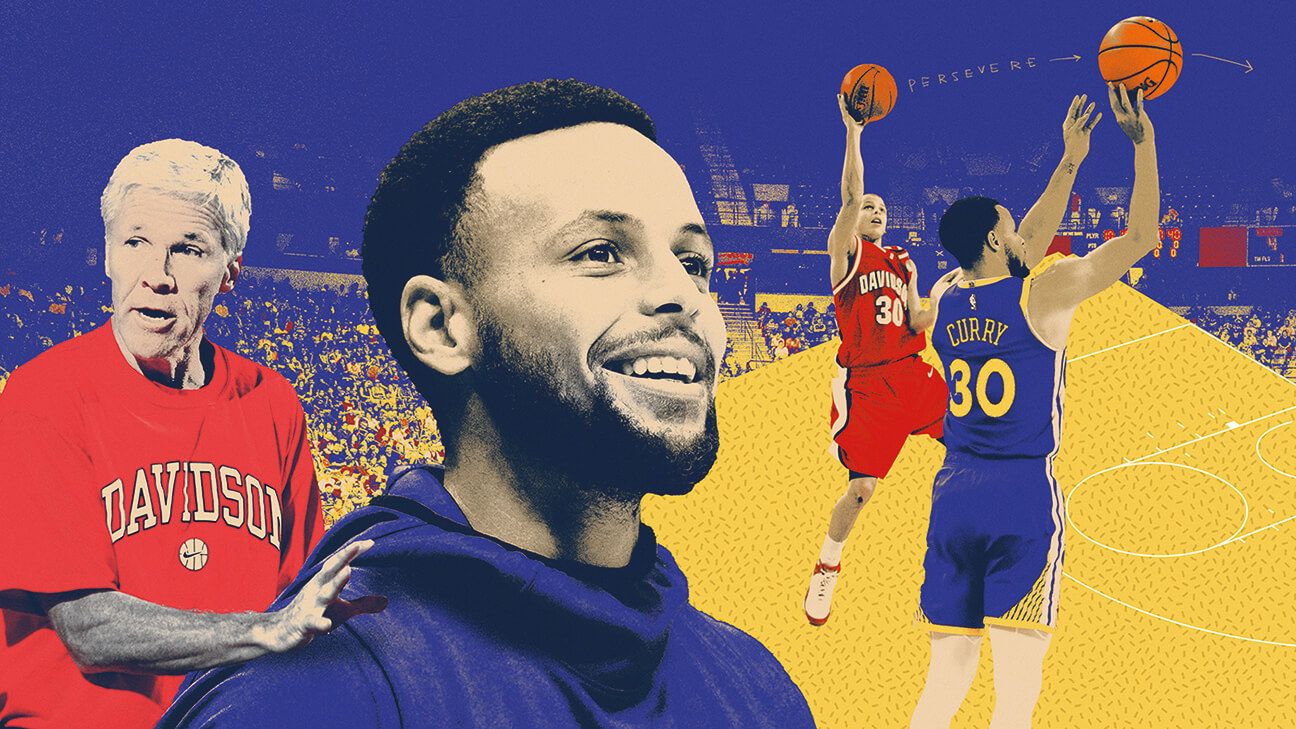
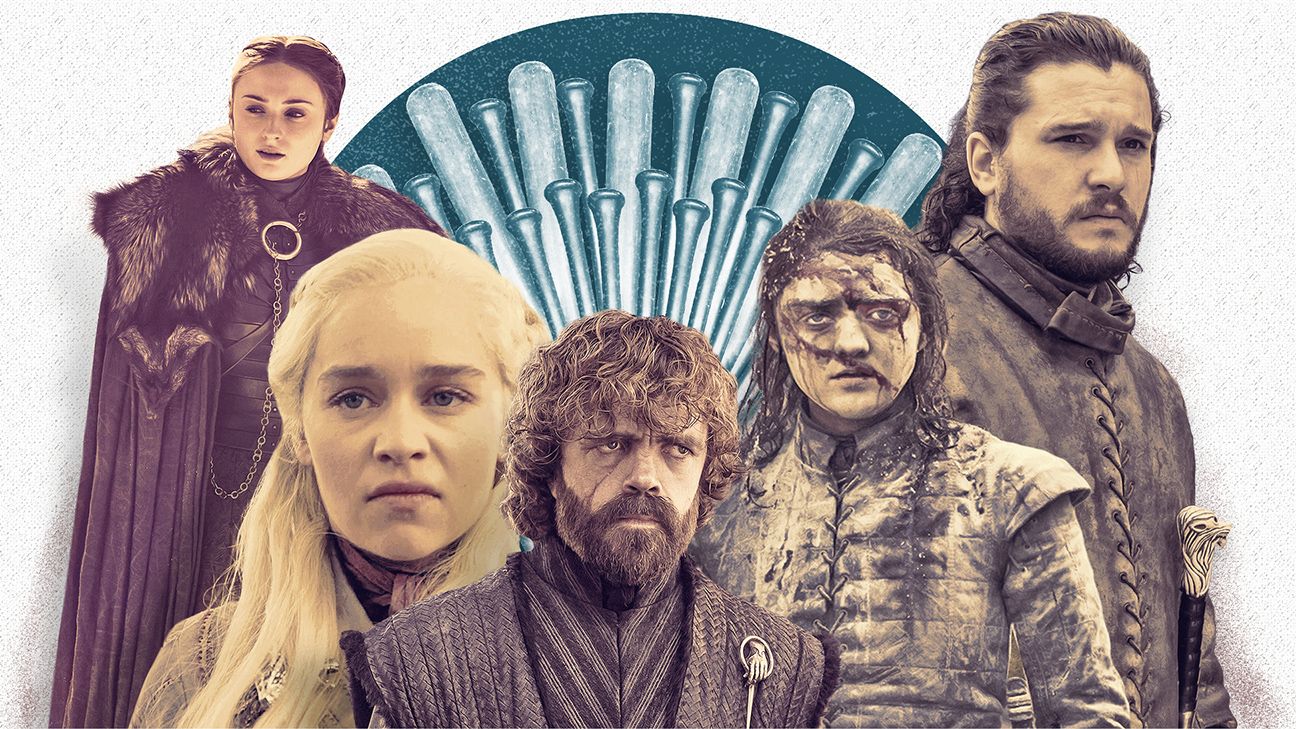

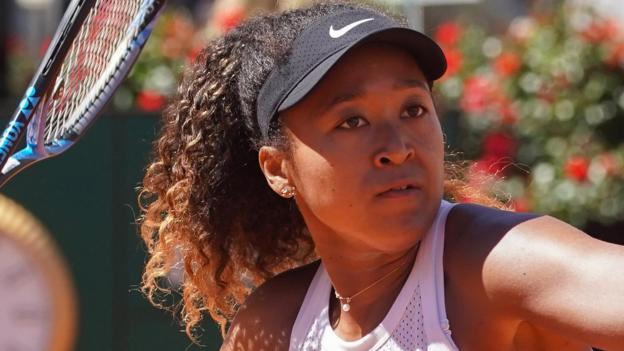
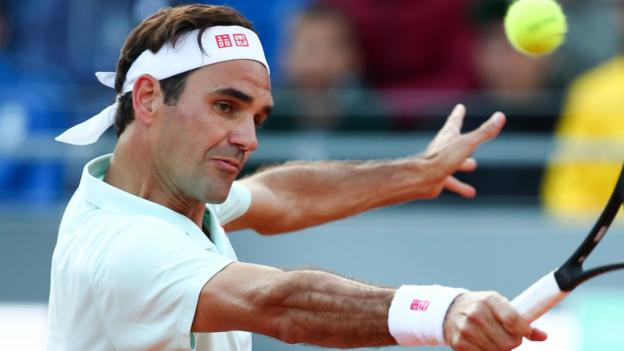

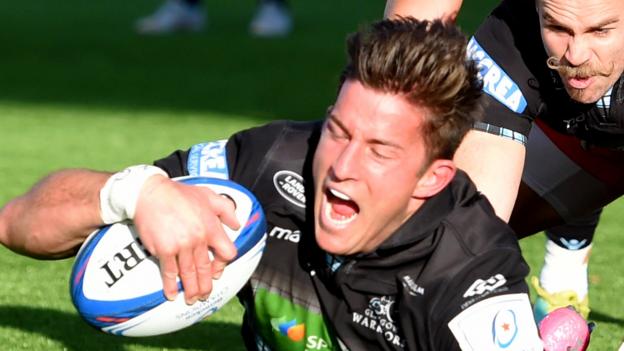
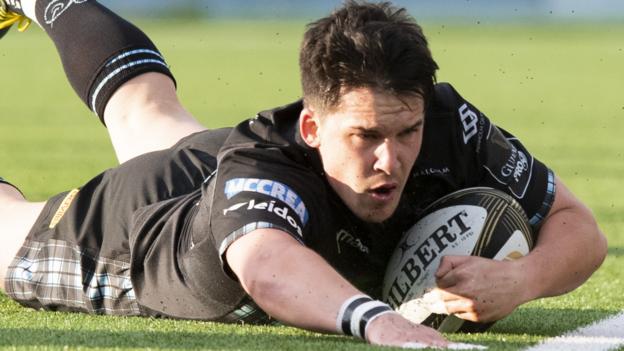
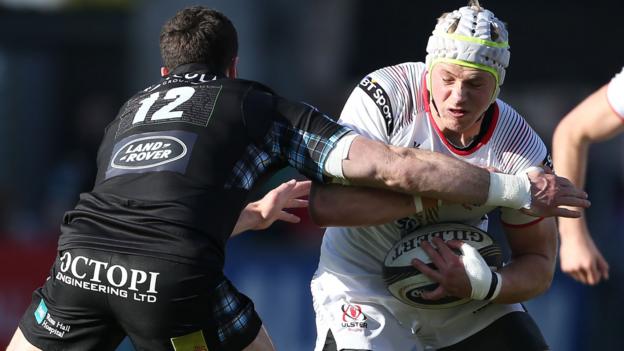










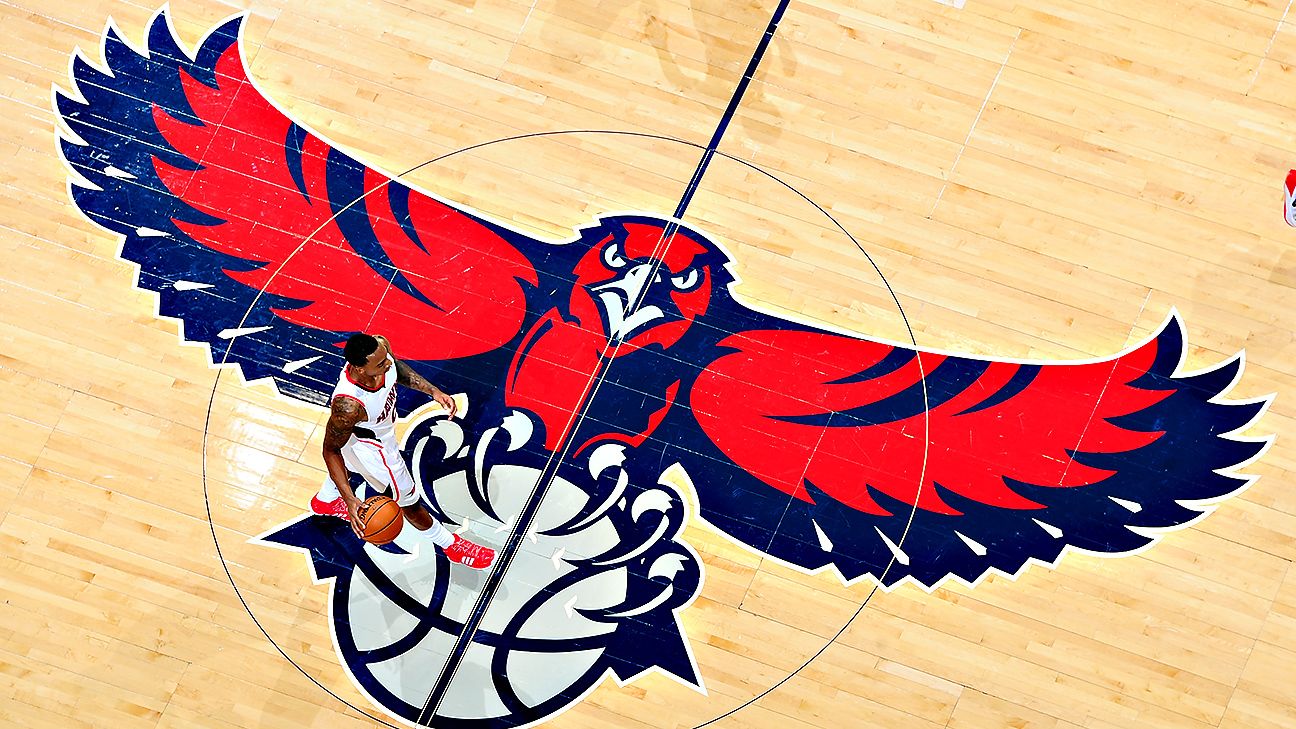



 Phone: (800) 737. 6040
Phone: (800) 737. 6040 Fax: (800) 825 5558
Fax: (800) 825 5558 Website:
Website:  Email:
Email: 






